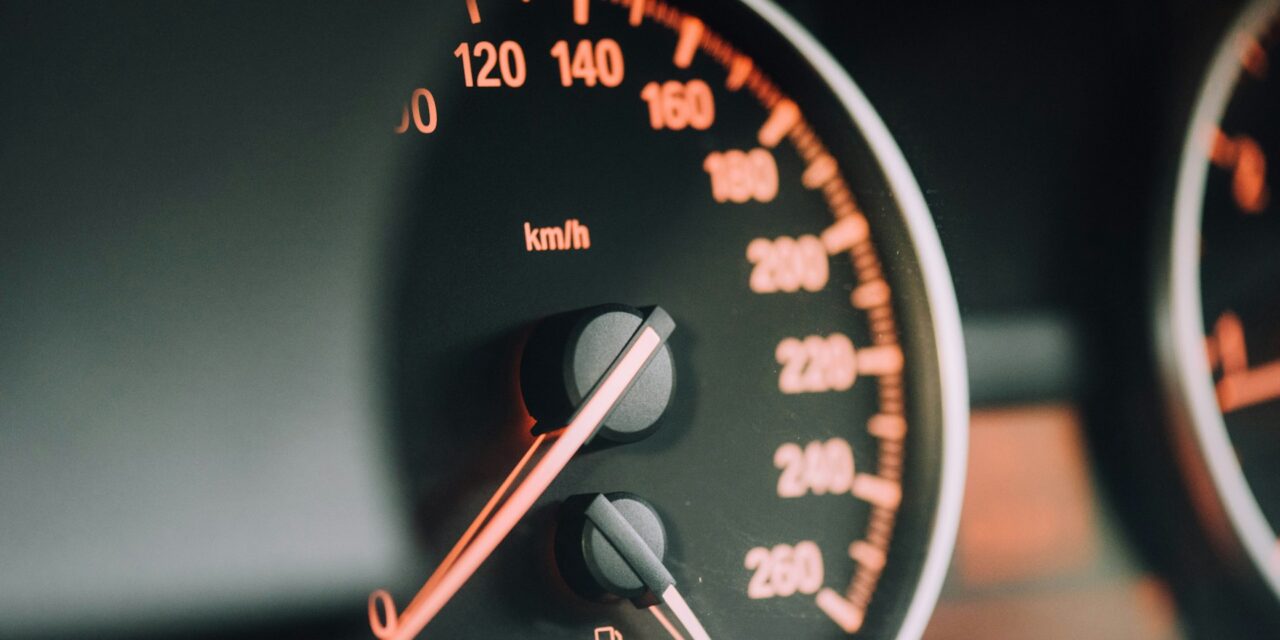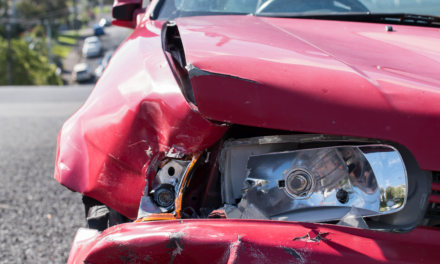Buying a used car can be an intelligent and economical decision, as it offers significant savings in comparison to purchasing a brand-new one. Nevertheless, first-time buyers may find the process overwhelming since various factors need consideration, ranging from past records of the vehicle to its present condition.
You need someone with more experience, someone who can guide you throughout the process, preventing you from making mistakes, and making sure you leave the place in a car you can rely on. This article will be your mighty companion on this journey.
Do Take the Car for an Inspection
An inspection of the car is a very important part of the process of buying a used car. Even if it seems perfect from the outside and works well when you test drive it, there might be hidden problems not visible right away.
This is where investing in a used car inspection service becomes very helpful. A car specialist can evaluate the condition of the vehicle, examining for indications of usage, unseen damages, and possible future issues. They will look at all parts, from the engine and transmission to the brakes and suspension, giving you a complete report. Not doing this is one big mistake that often results in expensive fixings later on. Do not neglect to thoroughly examine the vehicle before making a final decision to buy it.
Do Your Research on the Car’s History
You must investigate the history of a used car. This involves looking into its vehicle identification number (VIN) for a complete history report. Carfax or AutoCheck are services that can give you detailed information about previous accidents, ownership background, and whether the car has legal claims against it.
Knowing the car’s past can help you steer clear of vehicles that have experienced serious accidents, are restored, or have been maintained badly. It also gives you an estimate of how many people owned the car before, which could be a good sign for its general state. Usually, cars with fewer owners are taken care of more nicely; however, those having frequent changes in ownership might possess hidden problems. It doesn’t only secure your money but also provides you with a sense of mental satisfaction that comes from making an informed choice.
Don’t Skip the Test Drive
Although the history report and mechanic’s inspection are significant, they don’t encompass all aspects. When you take it out for a test drive, you get an opportunity to explore the car yourself and determine whether or not it fits your criteria. Observe how successfully the vehicle moves around corners, comes to a stop, and accelerates when required since these factors greatly influence its performance.
Pay attention to any odd sounds or engine issues, and notice how at ease you feel when driving the car. Try the vehicle on different kinds of roads like expressways, town streets, or twisting paths to see if it manages well in diverse situations. Don’t rush; be sure that the car drives pleasantly and doesn’t bring about any unease.
Also, do not forget to test every function of the car. This includes trying out air conditioning, audio systems, and safety features like airbags and seatbelts. If you do not take the test drive, there is a chance that after buying it, you might feel sorry because the car does not work as expected.
Do Negotiate the Price
Bargaining about the price of a used car is typical when buying it, and this could be your opportunity to make some savings. Before you start negotiating, look into what the car’s market value might be using tools like Kelley Blue Book or Edmunds. These resources will give you an unbiased estimate of how much this particular type of vehicle could potentially cost based on its brand, model year, and condition among other factors.
Consider these details as your strengths during the negotiation with the seller. Be courteous yet resolute, and if they do not agree to your proposal, you can leave without any worry. Keep in mind that there are many cars available so you do not need to compromise on one which is too expensive. Moreover, you can also bargain about other elements in the deal like guarantees or extra services. If you negotiate well, it’s possible to get a superior car within your financial range.
Don’t Forget to Review the Paperwork
Once you find a car and agree on the price, at last check all documents. It should have a title, bill of sale as well warranty papers if there are any. The title is supposed to be clean with no liens and legal rights for the person selling it. Check if the bill of sale has the final price, any conditions related to the sale, and information about both parties involved in the transaction.
It is also important to compare if the VIN on the documentation matches the VIN found on the automobile. If you do not take this step, it could cause problems with the law or if you ever decide to sell your car later on. By looking over all documents, you confirm that your transaction follows legal requirements and assures full protection.
Bottom Line
Purchasing a second-hand car could be a wise choice, yet it demands careful consideration and investigation. If you adhere to these dos and don’ts, then you can prevent typical mistakes and carry out a purchase that will keep you happy for many years. Begin by getting the car examined meticulously by a reliable used car inspection service, and ensure to investigate its history. Always take the test drive; it will let you know how the car works. Be ready to negotiate with the seller about the price so that you get a good deal and check all paperwork carefully before closing the sale. By following these steps, you can find a used car that is dependable for your needs and doesn’t exceed what you can afford.







